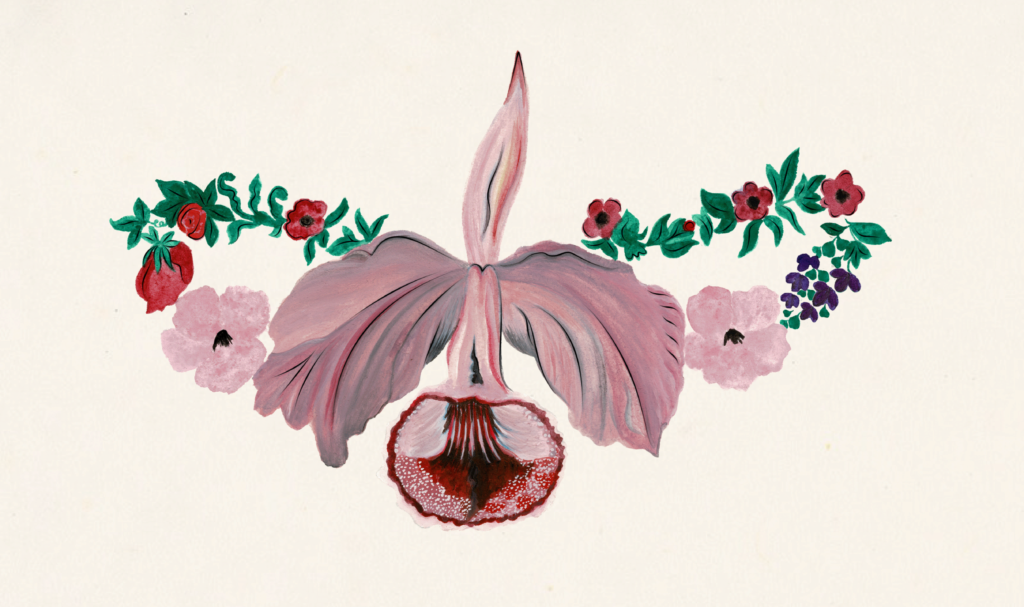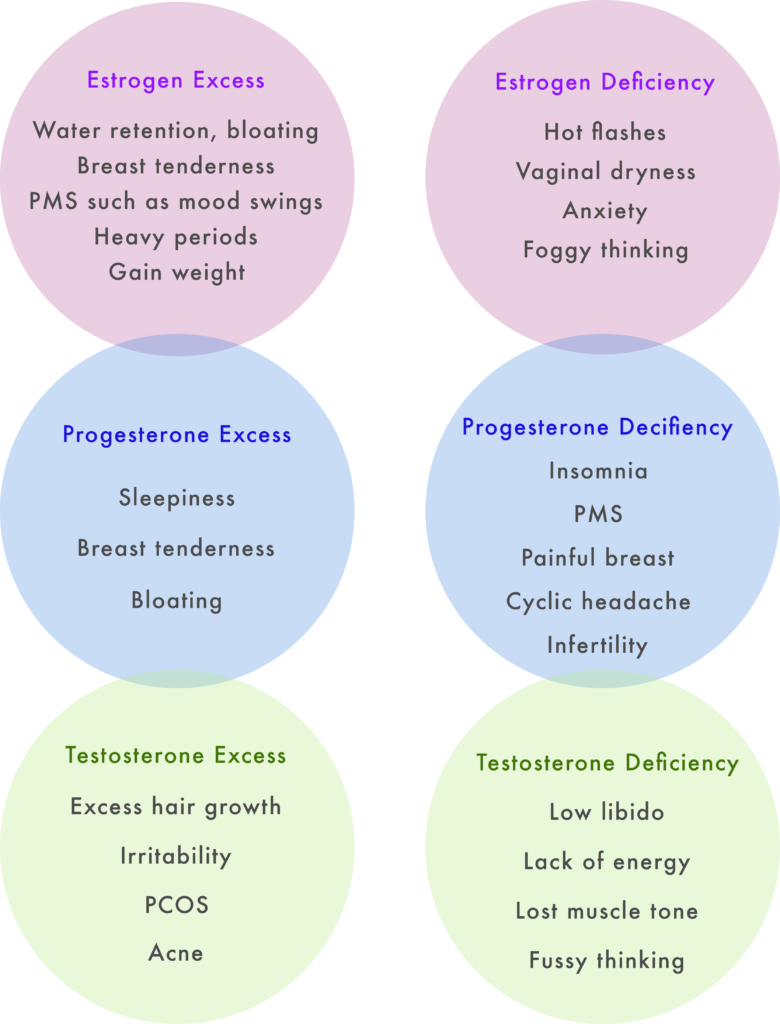
Many women suffer with menstruation problems, from irregular periods to pre-menstrual syndromes (PMS), excess of hair, fatigue even infertility and this affects our emotions, our thoughts process and resultant actions. Most of these symptoms are very common, however that doesn’t mean they have to be looked as “normal” or “expected”, this is a sign from your body telling you there is something out of balance. These hormonal fluctuations, natural or medical, can have a considerable impact on our life and it is important for all women to acknowledge these symptoms.
In contrast, women without PMS are just fine and don’t need to worry about not feeling “sick”, this was me at 15 years old not understanding why I didn’t have PMS like my others girlfriends.
Thankfully, there are ways for most women to have a smooth symptom-free regular cycles which we are going to look closely in the following.
How to recognise if you have a hormonal imbalance

PCOS (Polycystic Ovarian Syndromes) is referred to a set of symptoms that varies from women. PCOS mostly affect the natural function of our ovaries by blocking the ovulation phase causing irregular menstruation, cyst and scar tissue on the ovaries. Today, we identify different types of causes that can explain why some women experience PCOS:
A constant production of insulin in our body has dramatic results on our cells leading to a resistance and canceling our ability to regulate our blood sugar levels. And if this resistance persists, we will be considered as high insulin and high blood sugar. High insulin levels stimulate in excess the production of testosterone and is linked to some PCOS such as dark hairs on face and belly.
The best treatment is to go into a short period of fasting preferably supervised by a doctor and then try to stop eating refined carb, processed and sugary food (desert, fruit juices, sweetened yogurt) and integrate more magnesium and berberine supplement into your diet to help regulate your blood sugar. Lifestyle changes have incredible positive effects on the metabolic chaos of PCOS and decrease the chances of developing diabetes, heart disease, hypertension, anxiety to name few.
For most women, the temporary ovulation suppression will resume fairly soon after the pill absorption is stopped while for others, the effects can persist for months even years.
As advise, it is recommended to go into a detoxification phase complemented with herbal tea combination of peony and licorice.
Reducing your exposure to toxins and stress such as having a good amount of sleep, embracing a new lifestyle without pesticides and plastic, using clean products, eating grass-fed animal produces, exercising, reducing soy intake which is anti-estrogen and identify if you have any nutrients deficiency should help resolving symptoms.
Craving for sweet or salty snacks, curled in a blanket, snapping at everything, being moody or irritated, tired with cramps and headaches, even insomnia and bloating are Premenstrual Syndromes (PMS) and these signs are from your body telling you something is out of balance. PMS is a condition characterized by physical, emotional and mental symptoms that occurs during the week before your period and ends with a few days of the start of the menstrual flow.
Sometimes, the symptoms are so severe, they impact your life and wellbeing so significantly that women are diagnosed with PMDD (Premenstrual Dysphoric Disorder). Today, PMDD is classified as a mental health disorder. Please, visit the global organization IAPMD which provided all the comprehensive sources and supports to women with PMDD.